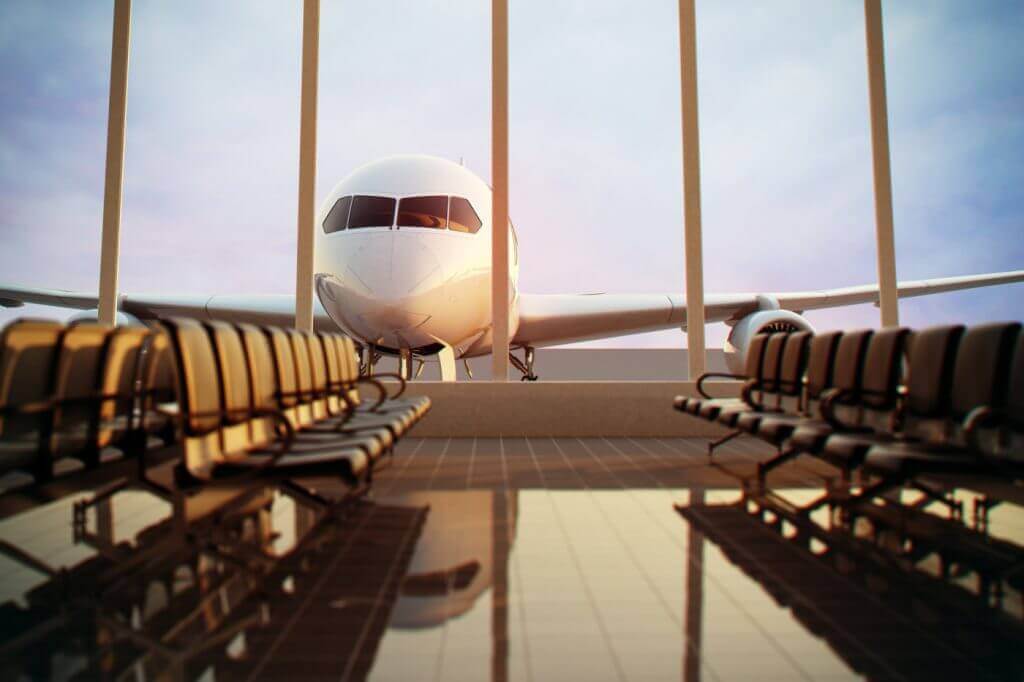
The coronavirus scare has brought out some of the worst of the American mentality, promoting the idea that if we close our borders to travelers from foreign lands, like China, we can insulate ourselves from a fast-moving global virus. Even as outbreaks spread to friendly democracies, such as South Korea and Italy, we assume we can save Americans by reducing air links, or instituting quarantines.
But what happens when the virus reaches the United States in big numbers? On Tuesday, federal health experts predicted it soon will spread here, asking hospitals, employers and schools to prepare. As people panic, it could cripple U.S. commerce.
Airlines will take the brunt of it. So far, U.S. carriers have made only tactical cuts, reducing Asia flights and deploying wide-body jets to the most popular short-haul markets, including Las Vegas, Cancun, Los Angeles, San Francisco, and Orlando. In recent years, U.S. airline executives have bragged about near limitless North American demand, so short term, this may boost profits, not reduce them. But this strategy only works as long travelers perceive limited risk for short-haul flights.
Unless something changes drastically with how the illness spreads, it’s hard to see this lasting. At some point, Americans will freak out, and U.S airlines will struggle to fill seats, at any price. They all can probably survive – thanks to consolidation, U.S. airlines are stronger than in any period in recent history – but profits and stock prices should take a dive, even if the airlines will be buoyed slightly by decreasing fuel costs.
The situation among Asia airlines shows how bad it could get. IATA, the global trade group, predicts Asian-Pacific airlines will lose out on almost $28 billion in revenue this year because of fallout from the virus. Thus far, the group predicts minor issues in North America—revenue down about $700 million, compared to earlier projections — but that guess is only germane if the virus continues to stay out of the continent, something that seems unlikely.
ACTUAL RISK DOESN’T MATTER
You can argue the coronavirus is not as dangerous as many people fear — perhaps not so much worse than the flu — or that travelers are overreacting. But it doesn’t matter. This could reach panic stage quickly, and when that happens, rational thought disappears.




